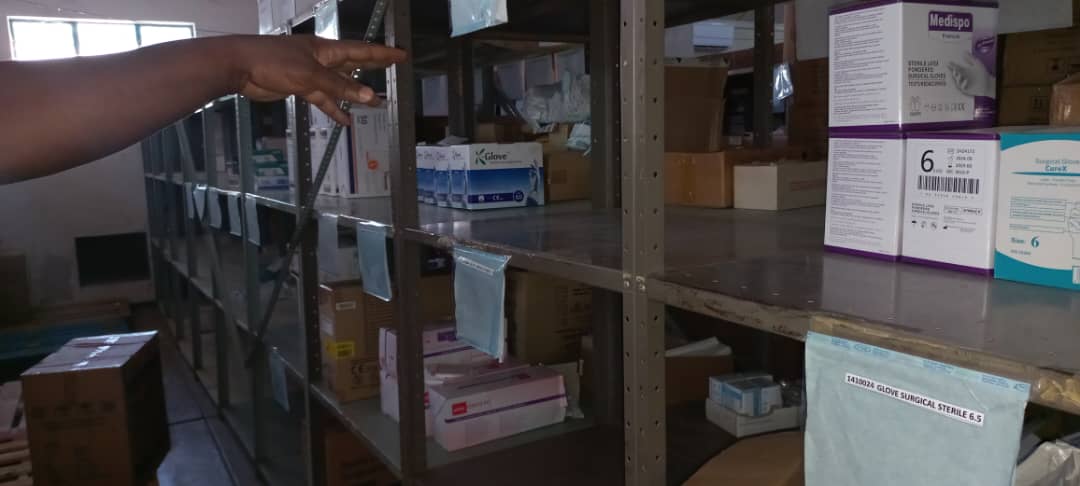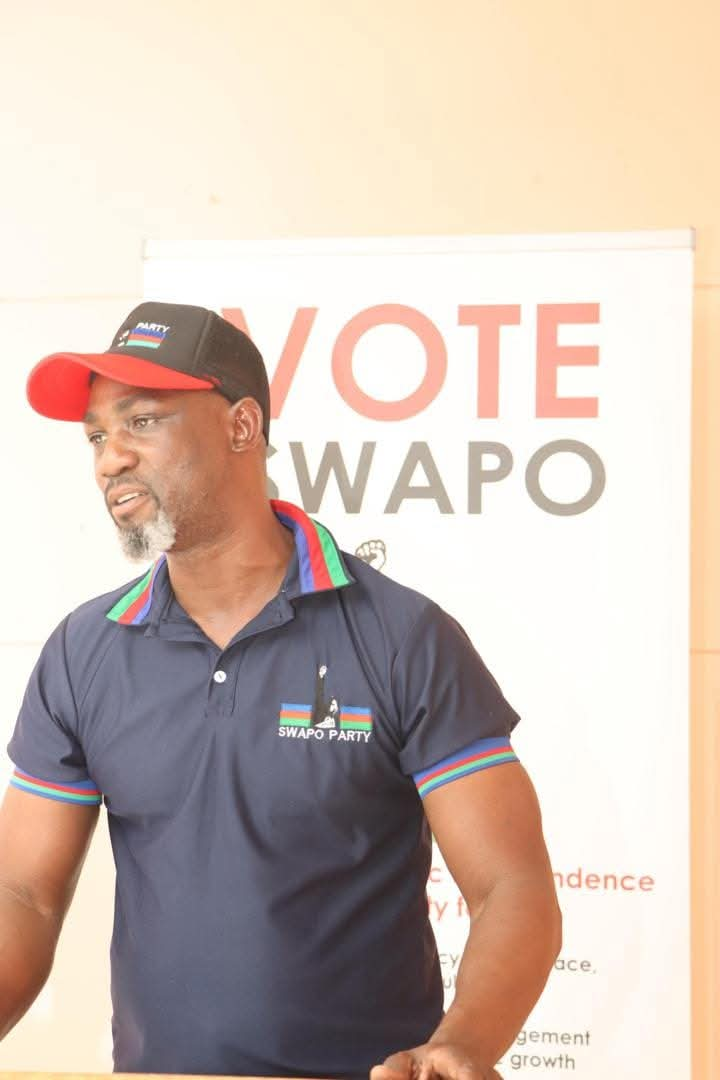WASHINGTON – The president of the World Bank cautioned US authorities on Monday against assuming the dollar would maintain its role as the world’s reserve currency.
Robert Zoellick said other currencies such as the euro and the Chinese yuan could win increasing acceptance in international currency markets.He said the United States ‘would be mistaken to take for granted the dollar’s place as the world’s predominant currency. Looking forward there will increasingly be other options to the dollar.’China, Russia and India have indicated they want to see long-term changes in the international monetary system in the wake of the financial crisis that has pushed the world economy into its first synchronised downturn since World War II.Zoellick, a former high-ranking US government official and investment banker, spoke at Johns Hopkins University’s School for Advanced International studies in advance of the World Bank’s annual meeting next week in Istanbul.He said the dollar would remain a major currency, ‘but the greenback’s fortunes will depend heavily on US choices’ on issues such as reducing its debt and trimming its budget deficit.Zoellick praised the recent performance of the European Central Bank, saying ‘there is every reason to believe the euro’s acceptability could grow.’He said this would depend on the competitiveness of the currency and the depth and liquidity of European financial markets.Turning to China, he said authorities in Beijing were moving toward gradual internationalisation of the yuan by making it easier for its trading partners to do business in currency swaps.’We are likely to see this shift in the world of investment as well,’ he said. ‘For the first time this month China issued sovereign bonds to offshore investors’ in yuan. ‘China recently announced foreign companies will be able to list their stocks in China, a step toward making Shanghai an international financial centre.’In the wake of the global economic crisis, Zoellick said leaders of countries should reshape the multilateral system and forge a ‘responsible globalisation’ that would encourage balanced growth and financial stability.’The old international order was struggling to keep up with change before the crisis,’ he said. ‘Today’s upheaval has revealed stark gaps and compelling needs. It is time we caught up and moved ahead.’Zoellick welcomed the decision last week by advanced countries and developing nations of the G-20 to monitor each other’s economies, but said ‘peer review needs to be peer pressure.’Zoellick also said he opposes giving more authority to the US Federal Reserve, arguing instead that the Treasury Department is better suited to managing the financial system because the American public and Congress have greater oversight over the department.He said ‘it will be difficult to vest the independent and powerful technocrats at the Federal Reserve with more authority.’ – Nampa-AP
Stay informed with The Namibian – your source for credible journalism. Get in-depth reporting and opinions for
only N$85 a month. Invest in journalism, invest in democracy –
Subscribe Now!










